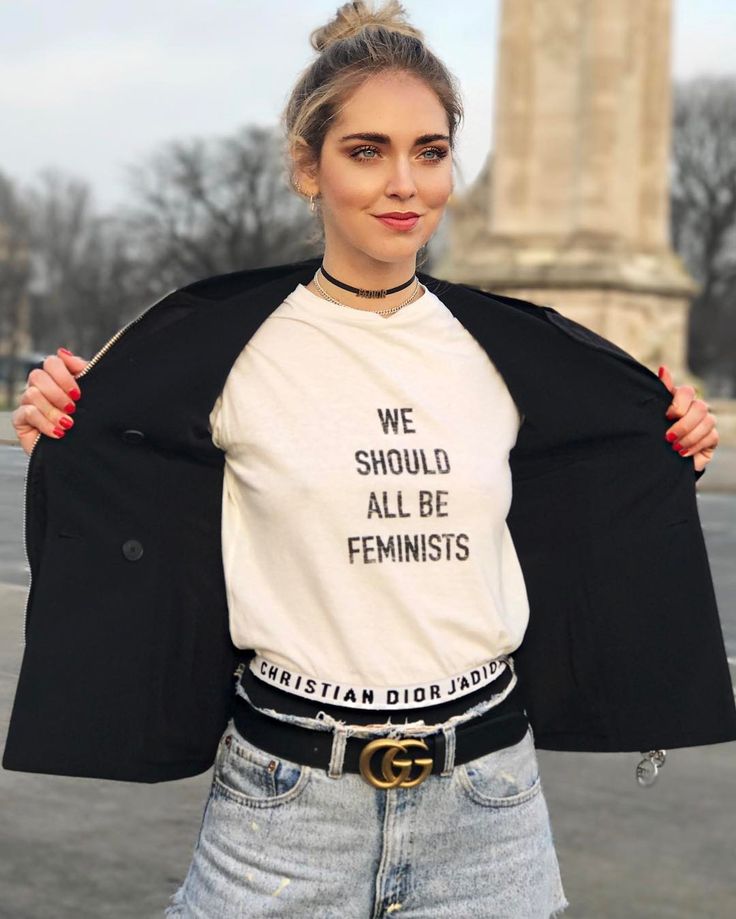Written by Leilani Doneux
When Chiara Ferragni announced to the world that she and her fiancé, Italian rapper Fedez, were planning to deliver their child in Los Angeles, California, they did so on an Instagram story, any hint of pomp and circumstance be damned. This would not be profound news, were it not for the fact that Ferragni, the most successful, first-generation fashion blogger in Italy, whose luxury brand firm is worth hundreds of millions of dollars, and Fedez, are Italian nationals. They are popular in the United States but lacking a formal adoption of everything Disney and deep-fried.
Their choice to deliver their son, who they have tentatively named Leo, in the United States is an important one at a time when the term chain migration, and its misuse, is contentious enough to be used by United States President Donald Trump as a buzzword for immigration politics.
Trump ran his presidential campaign on the promise to halt illegal and deeply hinder legal immigration. In September, he disbanded the Deferred Action for Childhood Arrivals (DACA) policy, and continues to threaten a wall on the United States border with Mexico.
Chain migration, anchor babies, and other misguided catchalls have been employed by the president over the last year in order to discredit the legal rights of American migrants, and rally support against legislative pathways for non-citizens already living in the United States.
Generally, this kind of legislation is employed to legitimize racism, but it stops short of imposing itself on people like Ferragni, who, along with her fiancé, have not alluded to plans to apply for American citizenship themselves. Nevertheless, the social and fiscal capital required to be able to choose the country of your child’s birth is a question of ethics at the center of the contemporary class divide.
The fiscal, social, nationality-oriented security that one must possess in order to be upfront, let alone nonchalant, about the ability to choose to birth a child in a country other than one’s own for the sake of dual citizenship speaks to an unequal ratio between people entering the United States with and without excess capital.
In his State of the Union address, which focused on four pillars of legislative organization that his administration aimed to tackle, Trump said “The fourth and final pillar protects the nuclear family by ending chain migration.” By standards currently in American immigration and citizenry legislation, Ferragni and her family, consisting of one mother, one father, and a firstborn son with a maternal net worth of $12 million, is a facet of chain migration, as well as a classic example of nuclear family values.
According to a study done by the Center for Immigration Studies conducted in 1999, 16.8 percent of immigrants live in poverty, a number that is largely made up of Latinx (Latinos and Latinas), while Ferragni herself and her lifestyle brand, The Blonde Salad, have become a case study in the MBA program at Harvard Business School.
This is not an attack on Ferragni. The choice to give your child dual citizenship is one we all might be inclined to make were it within our power. Instead, the question at hand is this – At what level of personal revenue does money buy a blind eye? And at what point does a family, or a child, become valuable in the eyes of a government?
The answer is not quantifiable, but instead, ethical. At this moment in American history, the United States values the lives of revenue-accumulating noncitizens over that of citizens in search of expounded opportunity, and how one lives with, and legislates, that, is entirely their own.




